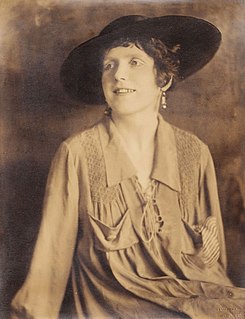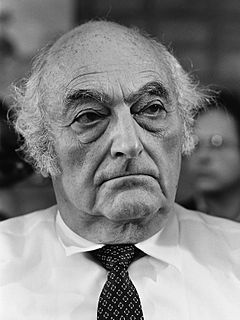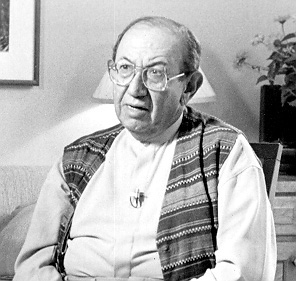A Quote by Maryanne Wolf
My work on what is called 'deep reading' explores the range of linguistic, cognitive, and affective processes that underlie not only the emergence of creative thought when we read but also the development and strengthening of capacities like empathy and critical analysis that we can apply to the rest of our lives.
Related Quotes
The same plasticity that allows us to form a reading circuit to begin with, and short-circuit the development of deep reading if we allow it, also allows us to learn how to duplicate deep reading in a new environment. We cannot go backwards. As children move more toward an immersion in digital media, we have to figure out ways to read deeply there.
Recent breakthroughs in science show we have just the capacities we need to face our planet's challenges. We're "soft-wired" for cooperation, empathy, fairness, along with a deep need to "make a dent," as social philosopher Erich Fromm put it. My hunch is that one reason depression is a global pandemic is that the dominant mental map denies so many of us expression of these deep needs and capacities.
We've sweated and torn out our hair trying to reconstruct our chosen lives, to fashion them like literary sculptures, at once monumental and yet human. We've applied all of our intelligence, our empathy, our critical faculties, our compassion - and we think, in our delusion, that it's still 1960, and our work is going to get noticed.
Of course our genes will make some capacities very much easier to learn than others, and of course our genes themselves are not learned. But the point remains that genes themselves are not cognitive capacities, and that anything worth calling a cognitive capacity will depend to some degree on learning and so not be innate.
This spontaneous emergence of order at critical points of instability, which is often referred to simply as "emergence," is one of the hallmarks of life. It has been recognized as the dynamic origin of development, learning, and evolution. In other words, creativity-the generation of new forms-is a key property of all living systems.
The mental cognitive processes that we're targeting are ones that narrow human beings' repertoire and make it harder for them to learn to be more flexible, to take advantage of the opportunities in front of them. We can have something to help with in areas like child development or organizations and schools, or maybe even how peoples interact with each other, one to the other. We've taken the work into things like prejudice and stigma, because if we can't solve that we have planes flying into buildings. So it applies broadly because anywhere that a human mind goes these processes go.
I can't help but admire the structural linguists who have carved out for themselves a linguistic discipline based on the deterioration of written communication. Another case of men devoting their lives to studying more and more about less and less - filling volumes and libraries with the subtle linguistic analysis of the grunt.
Reading, because we control it, is adaptable to our needs and rhythms. We are free to indulge our subjective associative impulse; the term I coin for this is deep reading: the slow and meditative possession of a book. We don't just read the words, we dream our lives in their vicinity. The printed page becomes a kind of wrought-iron fence we crawl through, returning, once we have wandered, to the very place we started.
I think the act of reading imbues the reader with a sensitivity toward the outside world that people who don't read can sometimes lack. I know it seems like a contradiction in terms; after all reading is such a solitary, internalizing act that it appears to represent a disengagement from day-to-day life. But reading, and particularly the reading of fiction, encourages us to view the world in new and challenging ways...It allows us to inhabit the consciousness of another which is a precursor to empathy, and empathy is, for me, one of the marks of a decent human being.
My "degree" has done nothing for me at all. But that I've learned - the critical thought processes I've tried to keep sharp - these things were furthered along by college. I hated so much of my life "at university," but I also loved so much of it, and the things that I loved about it have kept me in a sort of "scholarly pursuit" to this day. Maybe it messed me up because I believe that there are things like truth and beauty, and that art and discussion can help us find them and enhance our lives.


































